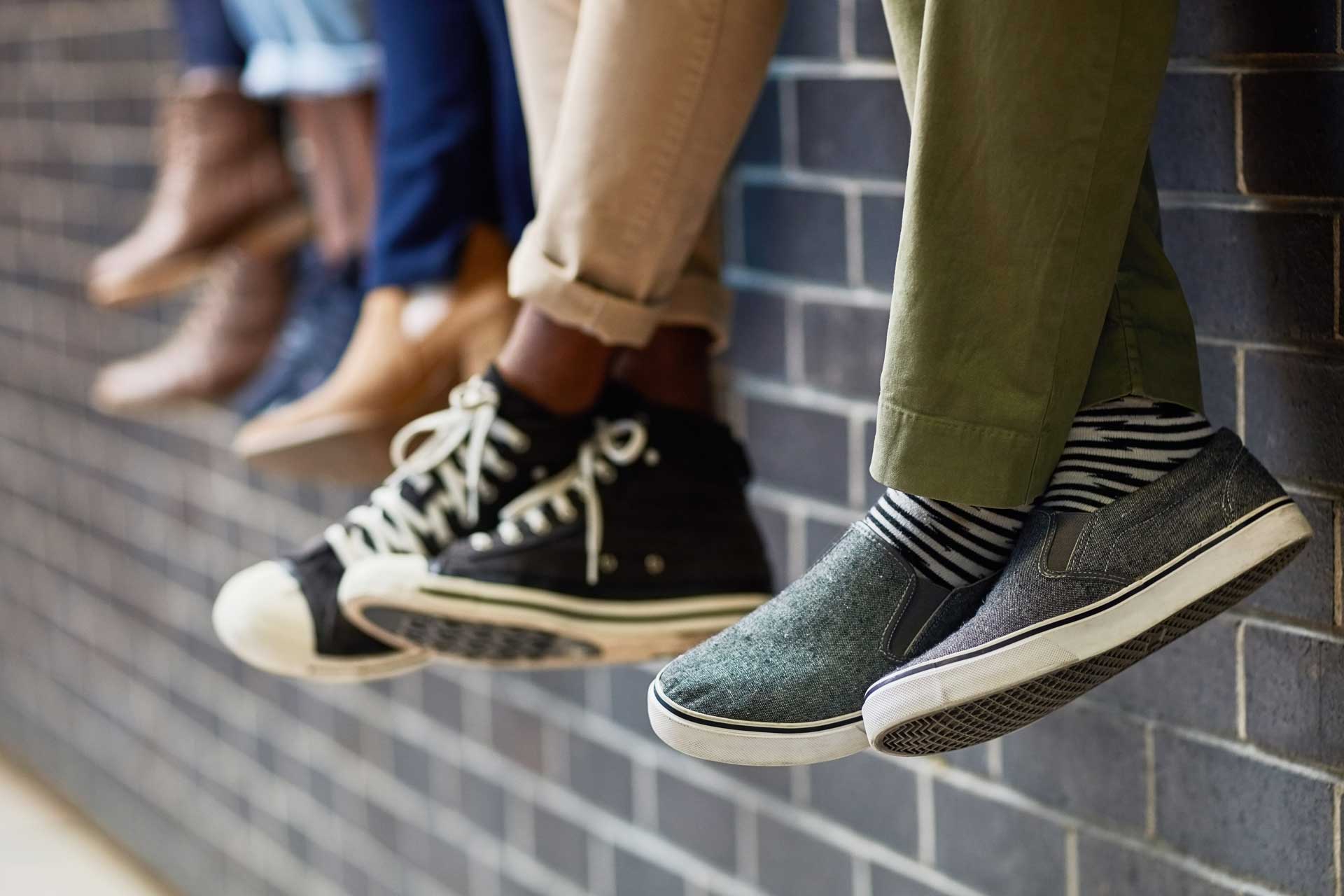
Politics and International Relations BA
Students come from a variety of different backgrounds, which helps you to gain a better understanding of the issues we cover.
I was born in the US, but lived in France for six years before coming to university. I wanted to remain in Europe for my undergraduate studies and preferred to study in English, so a UK university was the obvious choice. I chose Kent because Canterbury is a nice, quaint city and the campus is beautiful – I just love the overall feel of the University and the surrounding areas.
I have an interest in subjects like geography, mobilisation and international relations so I was particularly drawn to this degree programme. The staff in the School of Politics and International Relations are excellent and I love the fact that Kent is very multicultural – there are so many international students here.
It’s going very well. At school, I did the International Baccalaureate and found this prepared me well for university life. I’ve really enjoyed all of my courses so far. In my final year, I’ve had the opportunity to choose my own modules, enabling me to tailor my degree to my particular interests.
I’ve developed an interest in intelligence, security, conflict management and statistical analysis. For my dissertation, I’m focusing on the securitisation of infectious diseases, specifically HIV and AIDS. We touched on this area briefly in class, but I’m now able to really focus on the subject for my research and try to do something original with it, using all the knowledge I’ve gained from the course.
They are very knowledgeable and convey information to you in a way that you will understand. The student support here has also been fantastic. You can visit the lecturers during their office hours and they always try to focus on you as an individual so you really feel that you are receiving their personal attention. They also advised me of extra sessions I could attend to help improve my exam technique, which have been really helpful in my final year.
Students on the course come from a variety of different backgrounds, which creates a nice atmosphere. The close friends I have made come from all over the world. I think having so many different nationalities on the programme helps you to gain a better understanding of the issues we cover. Everyone helps each other because you hear viewpoints from around the world and it’s always interesting to find out what beliefs people hold.
I really like the fact that Kent is a campus university; it’s one of the reasons I chose to come here. Everything you need is within easy reach. The University is continuously making improvements to the facilities for students, such as the library and the sports centre.
I’m a member of Kent’s Model United Nations Society, where students take up roles as diplomats, investigate international issues and then develop solutions to world problems. This year, I was elected Vice President, so it’s been an interesting experience to find myself in an organisational position rather than just a member and to work behind the scenes.
I’m looking to study for a Master’s degree in intelligence and security. However, in the longer term, I would like to work for INTERPOL, the world’s largest international police organisation, and focus on international security, human rights and the combat of drug and child trafficking. One day I hope to be in a position where I’m able to make a real difference.
Take advantage of the many opportunities on offer at Kent that are not available elsewhere, such as the wide variety of modules and the chance to choose ‘wild’ modules from other degree courses.